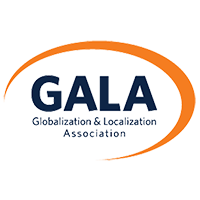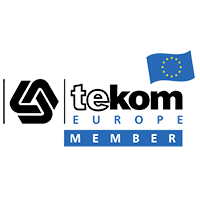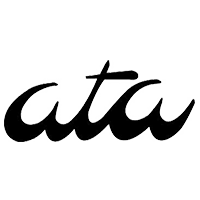Are you ready for UDI Final Rule?
The U.S. Food and Drug Administration’s (FDA) first compliance deadline regarding its UDI Final Rule from 2013 is nearing. The rule requires that certain medical devices distributed within the United States bear a Unique Device Identifier, or UDI, with the ultimate goal of helping to identify product problems more rapidly within the market. This means that as of September 24, 2014 all of the content and device materials could be effected. In turn, the multilingual assets surrounding this content may need addressing. To help us better understand the impact of UDI compliance on medical device global content management, I spoke briefly with our US Managing Director and life science localization thought leader, Shannon Rose Farrell:
From a high level, what is UDI and who will it affect?
Shannon Rose Farrell: UDI is a unique device identifier which will be placed on certain medical devices and combination products, in the form of a numeric or alphanumeric code. Those who handle the manufacturing and distributing of these types of products will be affected the most right away. Ultimately, this change will affect the entire lifecycle of these medical devices and all who come in contact with them.
What are some of the key dates that the industry should be aware of?
SRF: The first compliance deadline is going to affect Class III medical devices and combination products. The final rule states that as of September 24, 2014 all packaging and labeling plus stand-alone software relating to Class III devices will have to follow the UDI requirements. Next year, this rule will be imposed on devices covering the packaging and labeling of implantable devices, life support and sustaining devices as well as stand-alone software associated with these products.
Numerous deadlines will follow and will affect other device classes down the line. What we aim to do now is help our clients get ahead of these timelines and begin planning and preparing for the changes that will ultimately impact their global content.
How will this affect the content and materials surrounding these medical devices?
SRF: I have been working in the life science localization industry for a long time. It is important to not only understand the impact of these immediate FDA rulings, it is also important to recognize the impact of change, in general, surrounding this industry. UDI will affect your immediate devices, in addition, it will ripple into the multilingual content surrounding these devices. Think of everything from the markings on the devices themselves, physical content, packaging and labeling, layout and design to accommodate, additions or omissions… and the list goes on.
In the life science industry, changing documentation and content can be paralyzed by regulation and drawn out processes. However, this UDI requirement can allow companies the opportunity to reopen and revisit their content, finally recertifying outstanding documentation that may have otherwise been overlooked. This just may be the perfect time to implement those global industry feedback changes or much needed content updates.
How can medical device companies get ahead of this change when managing their multilingual assets?
SRF: The first step, from my experience, is for medical device companies to evaluate their current content processes and systems. This spans all the way from content creation to content management systems (CMS), all the way through final approval. Are these avenues change adverse or fairly flexible? Is it difficult to get needed changes through the processes or systems? Maybe it is time to start looking at the instillation or creation of new content processes or management systems. What this UDI final rule can do is be a catalyst for needed process and systems changes that would have otherwise been stalled.
Should life science companies be looking for a life science localization partner?
SRF: When faced with complex industry deadlines, such as UDI final rule, a flexible, adaptable solution through a trusted localization partner such as Argos may just be what you need. Choosing an expert in life science localization from the first point of contact on through the exceptional customer service and program deliverables is vital to you meeting your regulatory requirements and deadlines. Transitions like these are difficult enough, why not bring on a partner who can relieve the extraneous burden and make it a whole lot easier for you and your teams. Making sure your localization partner is not only well certified to meet your regulatory requirements but also ensuring that they are a good fit to your business will be key to the program’s success.




